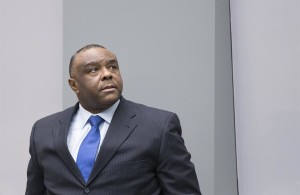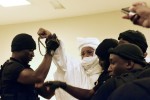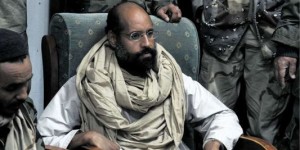 Saif al-Islam Gaddafi, the son of fomer Libyan leader Muammar Gaddafi, has been released. He had been in custody since November 2011 in the town of Zintan, in Libya.
Saif al-Islam Gaddafi, the son of fomer Libyan leader Muammar Gaddafi, has been released. He had been in custody since November 2011 in the town of Zintan, in Libya.
The Abu Bakr al-Sadiq Brigade, a militia of former rebels that controls Zintan, where Gaddafi was detained since November 2011, said he was freed under an amnesty law promulgated by the parliament based in the eastern city of Tobruk.
The north African country has rival administrations, with the authorities in the east not recognising the UN-backed government of national accord (GNA) based in the capital.
Gaddafi’s lawyer also said he had been released but would not say which city Saif al-Islam had travelled to for security reasons.
The commander of the Abu Bakr al-Sadiq Brigade was set to release a video statement explaining the details of the release.
Saif al-Islam Gaddafi was captured in 2011 as he was fleeing to neighbouring Niger after opposition fighters seized Tripoli.
He was sentenced to death in absentia by a court in Tripoli in July 2015 in a mass trial of former Gaddafi government officials. The verdict had drawn condemnation abroad, with Human Rights Watch saying the trial was riddled with legal flaws and carried out amid widespread lawlessness undermining the credibility of the judiciary.
Saif al-Islam is also wanted by the International Criminal Court in The Hague, which issued an arrest warrant in 2011 on preliminary charges of crimes against humanity, murder and persecution for being part of the inner circle of his father’s regime.

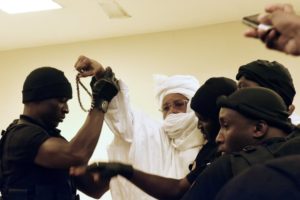
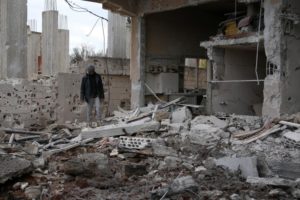
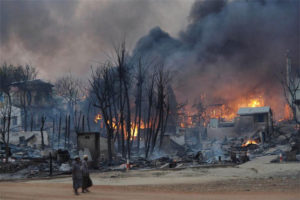
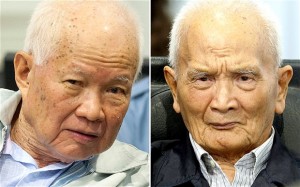
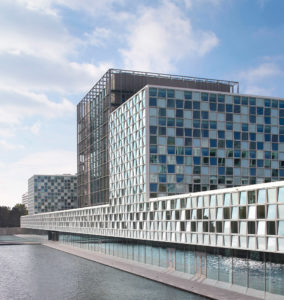 This week, the Office of the Prosecutor of the International Criminal Court (ICC)
This week, the Office of the Prosecutor of the International Criminal Court (ICC) 